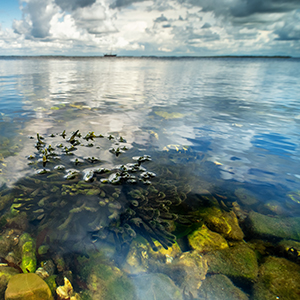IMOST: a database for non-marine ostracods in the Iberian Peninsula, the Balearic Islands and Macaronesia

All claims expressed in this article are solely those of the authors and do not necessarily represent those of their affiliated organizations, or those of the publisher, the editors and the reviewers. Any product that may be evaluated in this article or claim that may be made by its manufacturer is not guaranteed or endorsed by the publisher.
Accepted: 3 February 2023
Authors
Ostracods are common microcrustaceans in inland waters, widely used as (palaeo-) environmental indicators. Information on their species distribution worldwide is extremely fragmentary, and usually biased towards some regions, hampering attaining a general view of their biogeography. The Iberian Peninsula, the Balearic Islands and Macaronesia are considered biodiversity hotspots as part of the Mediterranean Region, whose non-marine ostracod fauna was reviewed in the 1990s accounting for 88 species. Most of these data were included in the NODE database (Non-marine Ostracod Distribution in Europe). Here, we present IMOST (Ibero-Balearic and Macaronesian OSTracod database), a non-marine ostracod database for the Iberian Peninsula and the Balearic and Macaronesian Islands, incorporating data included in NODE plus many new records from recently published studies and new unpublished observations. Our database stores data in separated and standardised spreadsheets, one for each data source. Moreover, the database also offers updated, reviewed and accurate coordinates of the cited occurrence and taxonomic identification. According to the data compiled in IMOST, we updated the list of non-marine ostracods in the studied region from 88 to 118 species. Nevertheless, we expect that the actual number of species for the included regions should be higher, considering other Mediterranean countries with smaller areas but more extensive surveys (e.g. 152 species in Italy). The updated database is instrumental for our understanding of the biodiversity and biogeographic patterns of these organisms in this hotspot, as well as for analysing their species-environment relationships in a context of global changes.
Supporting Agencies
Spanish Ministry of Economy, Industry and Competitiveness, FEDER, Generalitat Valenciana, Global Biodiversity Information Facility (GBIF)How to Cite

This work is licensed under a Creative Commons Attribution-NonCommercial 4.0 International License.






